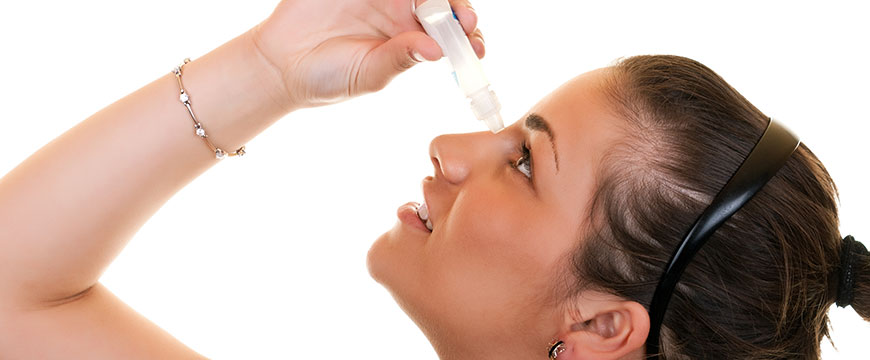
Allergies are a common indication of illness and can happen at any time in someone’s life. Different things can cause allergies from medication to pollen, which means it can be challenging to know the best home remedies or treatments.
When your body encounters allergens, it causes mild symptoms such as watery eyes, skin irritation, or sneezing. In other people, allergies could lead to anaphylaxis. When this happens, the person will experience a life-threatening condition. It will result in shock, blood pressure suddenly drops, and breathing difficulty. This can cause respiratory failure and also cardiac arrest.
If there is an allergy clinic nearby, you can take them there right away or contact an ambulance. Find out more about how you can help someone with an allergic reaction because you might be able to save someone’s life.
Allergic Reaction Symptoms
- Rash
- Itching
- Hives
- Watery eyes and sneezing
- Mouth or throat swelling
- Nausea
- Fast and weak pulse
- Rapid or difficulty in breathing
When you touch, eat, or breathe something you are allergic to, your immune system will produce histamines to handle a bothersome substance.
However, while your body has good intentions, the natural response triggers the symptoms that were mentioned.
Call Emergency
You need to call medical assistance since the allergic reaction can affect the person quickly, and it is potentially dangerous. The reaction could cause their airway to swell, and make them stop breathing eventually.
Calling the emergency hotline is better compared to driving there yourself. Emergency technicians in the ambulance follow certain protocols and access treatments mainly for severe allergic reactions.
Aside from that, a lot of people with severe and life-threatening allergies always have an injector that delivers epinephrine. It helps reverse allergic reactions while waiting for medical care.
Treatment
If the allergic reaction is mild to moderate, it can be treated at home or they can drink OTC medications. The treatments can be commonly used to reduce allergic reaction symptoms.
Antihistamines are taken to prevent symptoms like hives as it blocks your body’s histamine receptors so your body will not react to allergens. Decongestants help clear your nose and are effective for treating seasonal allergies. However, you should not take them for more than three days.
These medications can be bought in tablets, nasal sprays, and eye drops. A lot of OTC drugs cause drowsiness as well, so you should not take them before doing anything.
Stay Away from the Allergen
The best way you can treat and prevent any allergic reaction is to be aware of your triggers and stay away, especially from food allergens.
When this is not realistic or possible, using decongestants or antihistamines when you encounter allergens are helpful in treating symptoms.
How to Treat Severe Allergies
People must talk to a professional If they suspect that they are suffering from chronic or severe allergies.
An allergy or doctor specialist is able to prescribe medications that contain many stronger doses of compounds available in OTC products.
The treatment options for severe or chronic allergies are:
- Allergy shots or immunotherapy. The immunotherapy can be between 90 to 98% effective when it comes to reducing allergic reactions to insect bites or stings.
- Asthma medications are prescribed, like inhaled corticosteroids and bronchodilators.
- You can take oral cromolyn if you suffer from food allergies.
- Drug desensitization therapy can be used for certain allergens.
Natural Remedies
- Dietary changes – Low-fat diet with complex carbohydrates
- Bioflavonoids – Plant-based chemicals found in citrus fruits
- Supplements – Zinc, flaxseed oil, and vitamins A, C, and E
- Acupuncture – – These treatments can help some people find relief symptoms
You can go to an allergy center Manassas VA for treatment.







